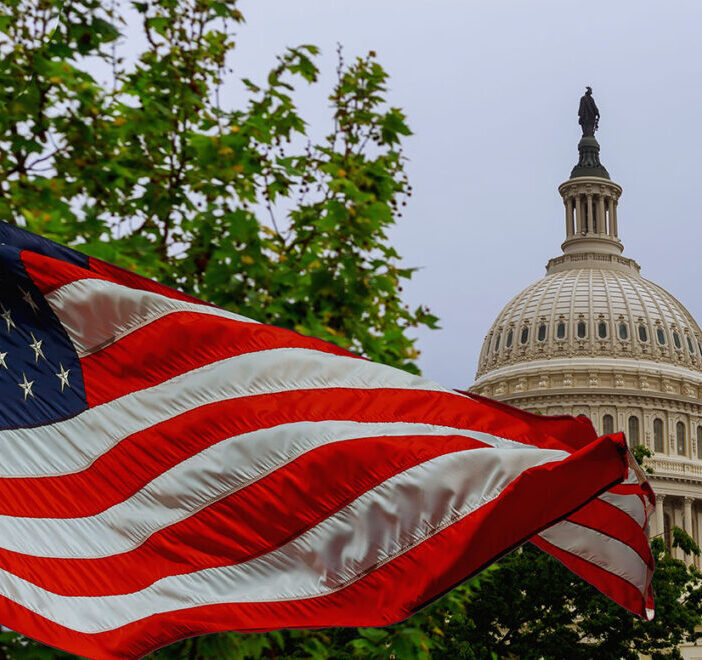Observation Stays Legislation Introduced in House and Senate
On March 12, Congressman Joe Courtney (D-CT) and Senator Sherrod Brown (D-OH) introduced the Improving Access to Medicare Coverage Act of 2019 in the House and the Senate. This bipartisan bill seeks to increase access to Medicare A coverage for skilled nursing care by allowing all time spent in the hospital to count toward a patient’s 3-day qualifying stay.
Currently, Medicare requires individuals to be hospitalized under “inpatient” status for a period of 3 consecutive days to qualify for Medicare A-covered post-acute care in a skilled nursing facility. However, individuals are increasingly kept in hospitals under “observation” status, technically an outpatient designation, and despite spending multiple days in a hospital, are therefore not qualified for Medicare A-covered skilled nursing facility services after hospitalization. These individuals must then choose between paying an average of tens of thousands of dollars out-of-pocket for services their physician has recommended or forgoing the much-needed treatment altogether. With this legislation, the hospital’s designation of “inpatient” versus “outpatient observation” will have no impact on whether the stay qualifies a patient for Medicare A post-acute care and all time spent in the hospital will be counted, provided the patient meets other qualifications for skilled nursing facility services.
LeadingAge feels hopeful about the prospect of this legislation given the widespread support it has already gained among its 39 cosponsors and encourages members to reach out to their members of Congress on this bill.
The observation days issue is attracting increased attention. A Health Affairs article posted on March 25, 2019 discussed the findings of a recent report by the Department of Health and Human Services’ Office of Inspector General (OIG). The article noted that many of the “improper” claims for Medicare coverage of skilled nursing care following a hospitalization resulted from the different ways in eligibility for inpatient hospital status is determined versus the calculation for satisfaction of the three-day stay requirement. The article termed the three-day stay requirement “antiquated” and “onerous” for beneficiaries. The solution recommended in the article:
A different approach is clearly needed—one that addresses the real underlying problem of a two-tiered billing status for hospitalized patients that has little, if anything, to do with actual patient care. Instead of adding more regulatory burden, notification, and monitoring, CMS and Congress should work to fix the underlying problem. First, CMS and Congress, if necessary, should establish the same clock for purposes of the two-midnight rule and three-midnight statute. The time care begins should start this unified clock. Second, Congress should support the recently reintroduced bills in the Senate and House [i.e. S. 753 and H.R. 1628] that would count all midnights in the hospital toward the three-midnight SNF requirement. With status change occurring in almost half of all observation encounters, the clinical distinction between observation and inpatient is blurry at best—yet carries real consequences for Medicare beneficiaries.

Most Recommended
October 15, 2025
 Shutdown Week Three: Impact of Ongoing Closure on Affordable Housing
Shutdown Week Three: Impact of Ongoing Closure on Affordable Housing
December 10, 2025
Fiscal Year (FY) Funding 2026
October 07, 2025
Immigrant Workforce Matching Program Brings Workforce Relief
Recently Added
December 09, 2025
Collaborating Around the Globe to Teach and Learn
December 08, 2025
MedPAC: 2026 Work Plan on PAC Priorities
December 08, 2025



